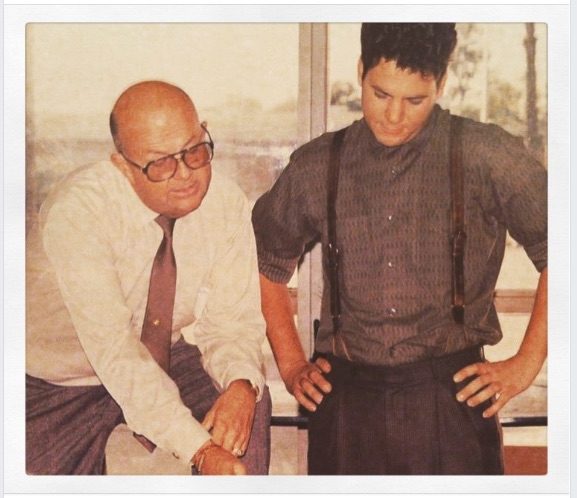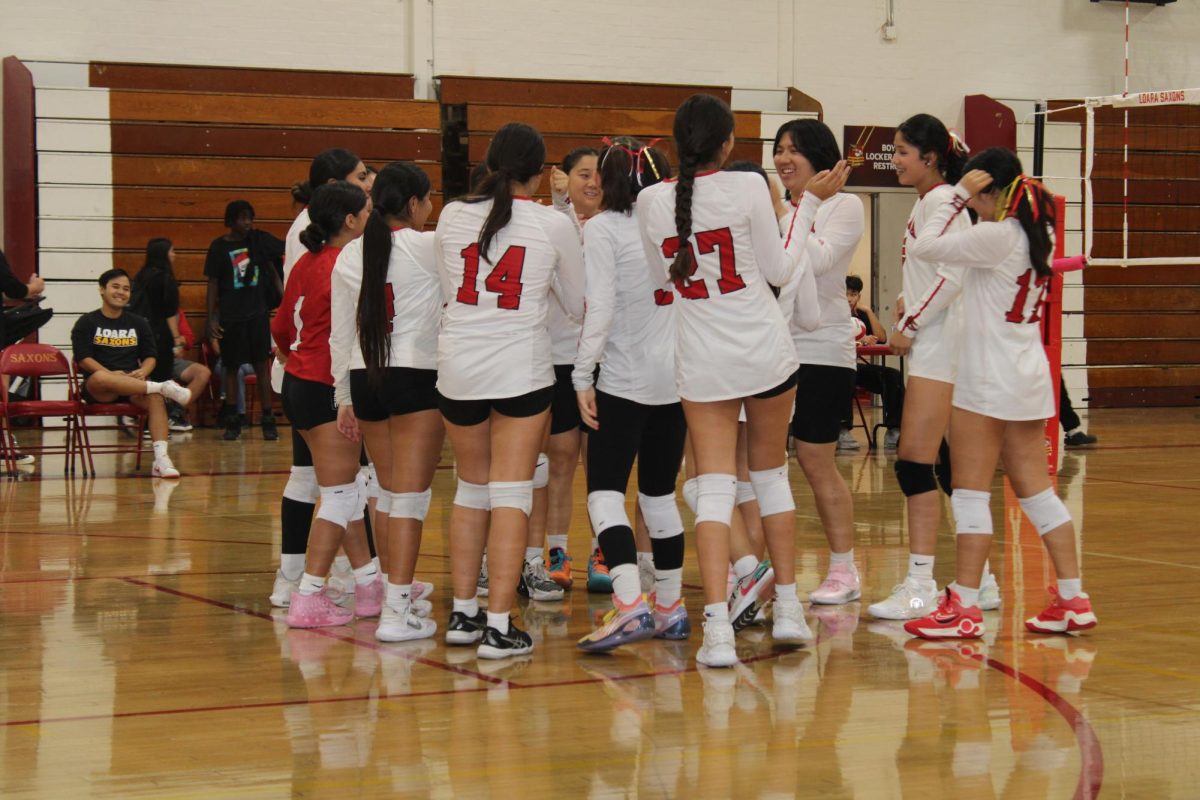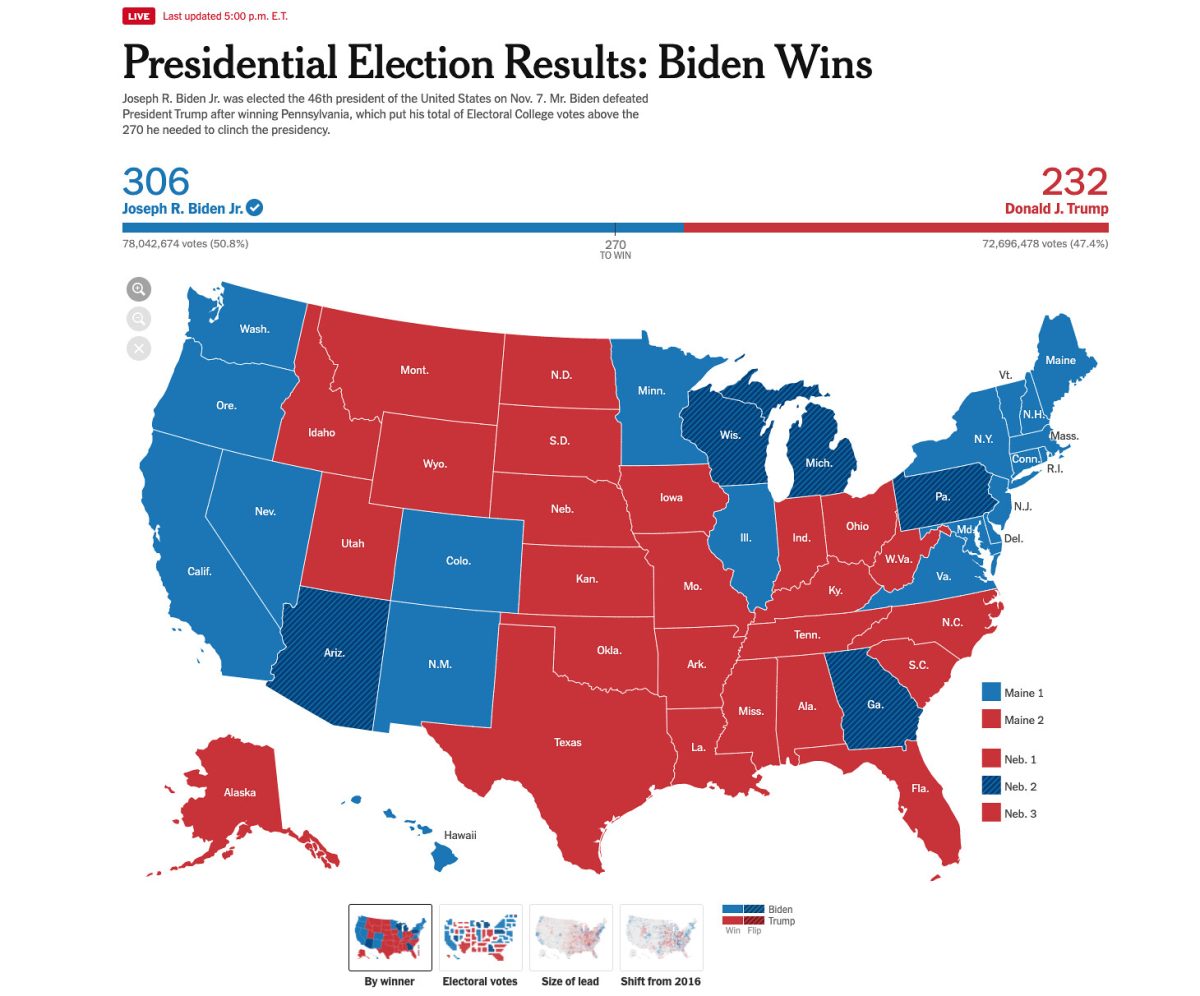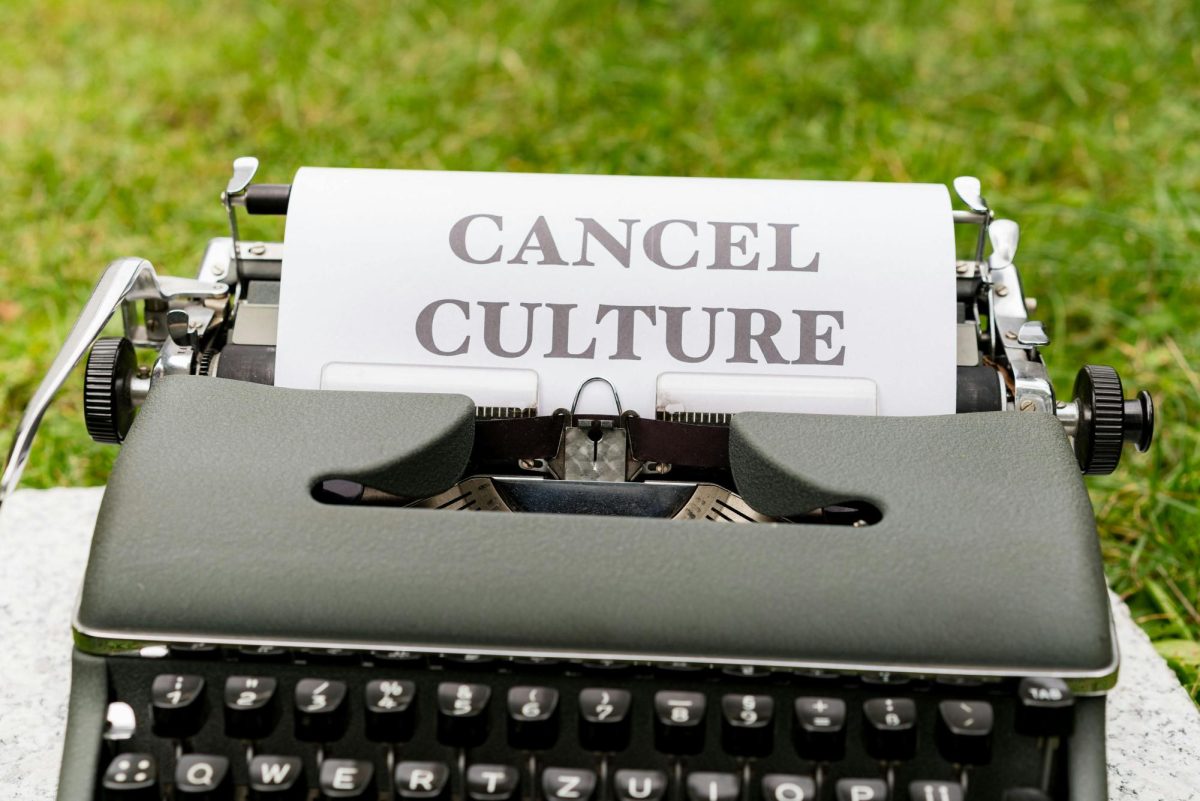Cancel culture is becoming a significant issue as teens and internet users take to social media to post negative comments and call out problematic individuals. This phenomenon exists on every social platform, often leading to debates and conflicts.
So what exactly is cancel culture?
The term “cancel” implies a negative connotation. According to The New York Times, “Cancellation, properly understood, refers to an attack on someone’s employment and reputation by a determined collective of critics, based on an opinion or an action that is alleged to be disgraceful and disqualifying.” The two key words here are “reputation” and “employment.” Merely getting insulted on the internet is not cancellation because it does not threaten one’s job or business. Celebrities with big platforms are the easiest targets, as they are constantly scrutinized by netizens or internet users. However, if these celebrities have a strong fan base or a significant name, canceling them becomes much harder to achieve.
Pop Culture Association
Cancel culture exists in every society and dates back to the 13th century. In modern times, it is most prominent on Twitter, a social media app with over 330 million active users, where netizens can post and tweet their opinions.
Beloved former “The Voice” contestant turned pop celebrity Melanie Martinez hit a rough patch in her career when her friend Timothy Heller accused her of sexual harassment in a tweet. Tweets immediately spiraled, and videos of supposed fans burning her albums while denouncing their support circulated. This incident occurred three years ago, yet the pop star remains prevalent, with her support as strong as ever. Her innocence or guilt was never legally disclosed, as if the accusation never existed. This raises the question of what was ever gained from this incident.
One of the root problems of cancel culture is its consequences. Individuals suffer mass social scrutiny for a set period, only to leave the public eye completely or eventually return to their previous standing. No lesson is learned. So what truly comes out of cancel culture? Using toxic means to eliminate toxic behavior seems like a temporary action taken by netizens to coerce an individual under the guise of “justice.” Instead of solving problematic behaviors, cancel culture tears down a person’s platform with the pretense that the social threat has been eliminated. The irony of cancel culture is its toxicity: netizens act in ways to cancel an individual that could be considered cancel-worthy themselves.
If cancel culture grants nothing valuable but animosity, why do so many partake in it? The answer may lie in “mob mentality,” a largely peer opinion-based influence on one’s actions that compels them to follow the crowd. Needless to say, society, and especially the media, have grown sensitive and intolerant toward minority ideas that conflict with social norms.


































